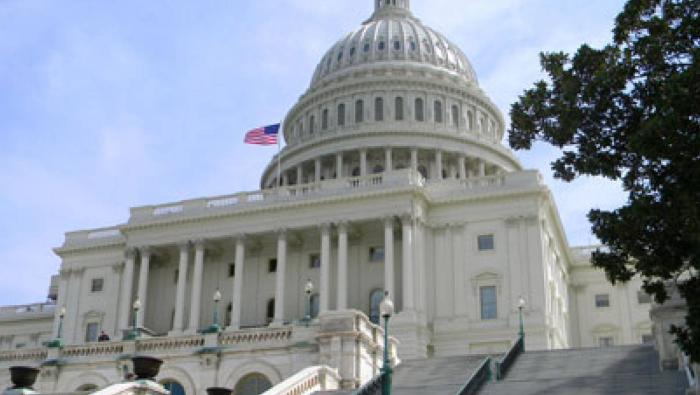The FAA should exempt U.S. general aviation operations from international overflight fees, the owner of Caribbean Flying Adventures said, adding the charges were never intended to cover those flights and are disproportionately burdensome.
Jim Parker urged operators to voice their opposition to the fees in comments to an FAA proposal that would increase the fees over the next three years. “We need to make our voices heard,” Parker said. “The FAA will increase the fees again in a few months and before too long every little trip we make between the islands in the Bahamas or between the Bahamas and the Dominican Republic will be billed for FAA ATC services, the same as a jumbo jet.”
In comments to the FAA, Parker maintained the fees were established to capture overflight costs involving foreign operations and do not apply to aircraft taking off from or landing at a U.S. airport. He added foreign carriers account for 99 percent of the ATC costs involving the airspace between Miami and Puerto Rico. “That a private Cessna from the U.S. should be charged the same fees as the wide body commercial carriers coming from Europe was never intended when the user fees began to be applied in 2001,” he said.
But private aircraft are receiving invoices of $260 or more for flights between the Bahamas and the Dominican Republic, Parker said, adding aircraft that depart or land from are a U.S. airport but make same-day fuel stops enroute also are receiving invoices. “There should be no invoices generated for flights departing from or landing at U.S. airports with same-day fuel stops en route but the FAA claims they are unable to determine that the aircraft took off from or landed at a U.S. airport,” he said.
The FAA is proposing to gradually raise the international overflight rates to $61.75 per 100 nm for enroute services and $26.51 per 100 nm for oceanic services by Oct. 1, 2017. The increases would represent nearly a 9-percent boost for enroute services and 23 percent for oceanic services. The FAA said the rate increase is necessary to recover its costs. Comments on the proposal are due October 27.







